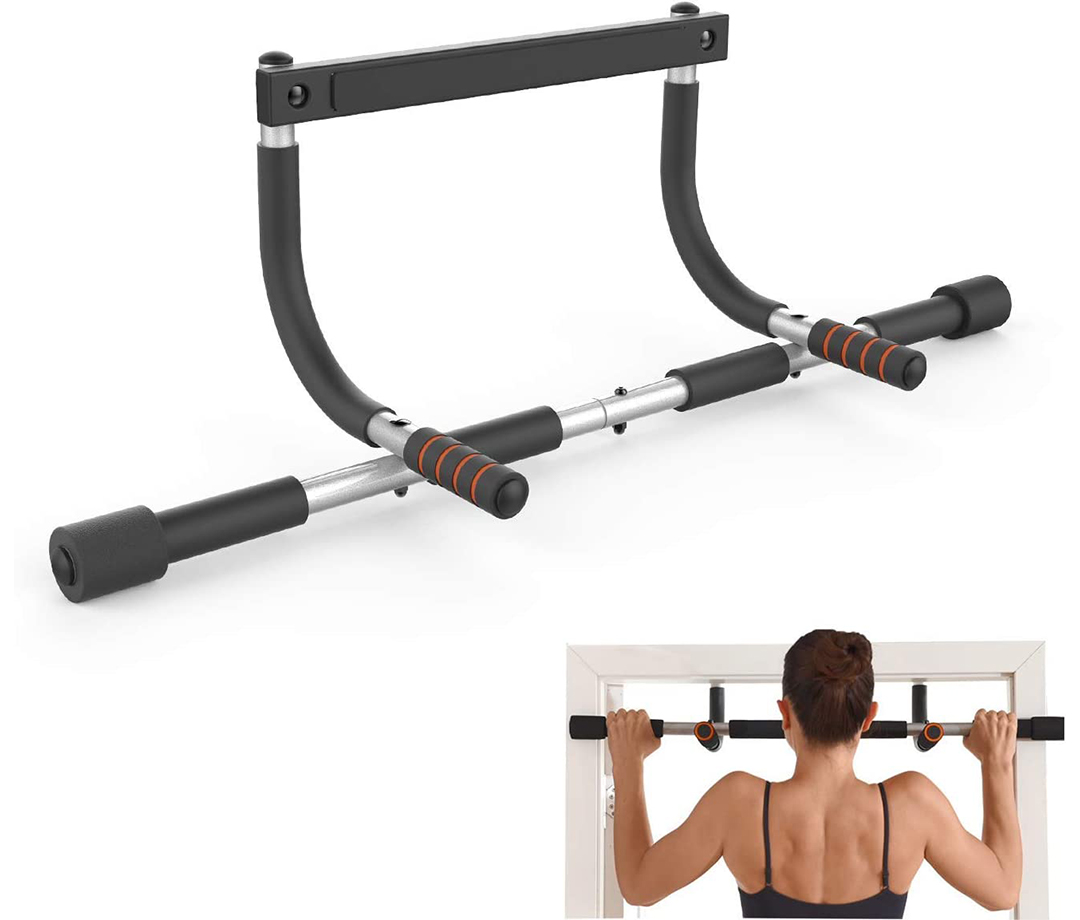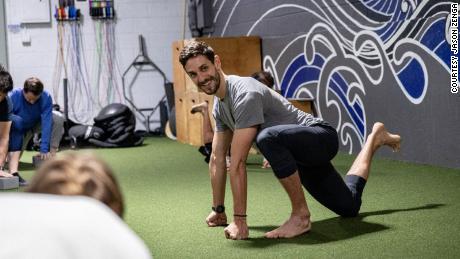
If you are looking for a new way to get in shape, you may want to try working out barefoot. This alternative to regular gym training offers some benefits as well as disadvantages. We'll discuss the drawbacks and precautions as well as the benefits. Once you have a better understanding of this new way of exercising, you can go on to begin your training program barefoot. Keep in mind to begin slowly and use light weights.
Benefits
Barefoot training has many benefits. Barefoot provides a greater sense of sensory feedback, which is critical for the functioning of the body’s stabilizing muscles. You will also have a better posture and balance. Exercising barefoot has other benefits that go beyond the convenience. These are three benefits. 1. Higher results. In order to prevent injury, you can use your feet as leverage.
Another benefit of exercising barefoot is improved body awareness and balance. The brain receives signals from the peripheral nerves located in the feet. The body can have difficulty staying upright or controlling its muscles if these nerves become damaged. Running barefoot will improve your body's balance, and your proprioception. Another benefit is the enhanced sensation in your toes. This helps to prevent injury and enhances your body's ability for stress adaptation.

Drawbacks
Although there are many benefits to working out barefoot, you might be wondering what are the disadvantages of working out uncovered. However, there are also disadvantages to working out barefoot. You might feel uncomfortable while you are adjusting to barefoot training. It is possible to feel uncomfortable when performing lifts or other activities that require you to wear shoes. The drawbacks are not worth it.
The first drawback to barefoot exercise is the risk of injury, especially for the second metatarsal, which is vulnerable to injury. You might consider giving up shoes and trying barefoot yoga, or other activities slowly if you have been wearing them all your life. If you don't want to take the risk of sprains or fractures, you can also purchase barefoot tape or stick-on soles to protect your feet from glass shards. However, many gyms require that you wear shoes.
Be aware
While working out barefoot can be an enjoyable and healthy activity, you should be sure to take the proper precautions to prevent injury. Barefoot workouts can increase balance and posture, and improve stability. You could also fall on sharp objects or lift large items. Talk to a podiatrist, physical therapist, or specialist in running shoes if you aren't sure if shoeless is the right choice for you.
When adding weights to your exercise program, and racking them up, barefoot is a good option. The same goes for unracking the weight you've already added. To protect your feet against slipping weight plates, always wear a safety collar. If you're unsure of whether or not you should go barefoot, start with light activities, such as brisk walking around the house.

How to exercise barefoot
Although most fitness experts will agree that barefoot running is a good idea it can also be dangerous. It all depends on your type of training. For example, if your goal is to run a marathon without shoes, you should choose a shoe with a low-heeled sole that mimics barefoot running. Consider how comfortable you are going barefoot.
The number one advantage of working out barefoot is that it boosts proprioception, which helps your body understand where it is in space. For good coordination, balance, or stability, it is important to be able understand your surroundings. Barefoot exercises will help you be more aware and in control of your body's movements. You'll feel stronger, healthier, and more alert. Paddleboarding and barefoot swimming are examples of exercises that improve proprioception.
FAQ
Which is more important: Exercise, diet, or sleep?
The answer depends on what you want to achieve. It is important to lose weight. However, if you want to gain muscle mass, then exercise is the most important factor for building muscles. Finally, sleep is the least important factor since it only affects how well you perform during the day.
Is it necessary to eat before exercising?
No. You don't need to eat anything before working out. You might be hungry after a workout, so you may want to snack on fruit or yogurt.
Can I exercise after eating?
It depends on the type and intensity of your exercise. Avoid doing strenuous activity after eating, as it can cause stomach cramps. Light aerobic activities, such as walking or biking, are better.
Do I need to get warm before going out?
Warming up before a sport can help reduce muscle soreness and increase performance. There are several ways to warm up. These include running, jumping ropes stretching, running and even cycling. Start slow and slowly increase your pace.
Should I drink alcohol when I work out?
Drinking alcohol is high in calories so it's best to not consume too much while working out. It is possible to increase your endurance by drinking moderate amounts of alcohol (one glass per day). It may also be beneficial in reducing fatigue and muscle aches that can result from vigorous exercise.
Statistics
- In high-income countries, 26% of men and 35% of women were insufficiently physically active, as compared to 12% of men and 24% of women in low-income countries. (who.int)
- One study showed that adults who watch more than 4 hours of television daily had an 80% higher risk of death from cardiovascular disease. (heart.org)
- According to the Centers for Disease Control and Prevention, chronic diseases cause 7 out of 10 deaths in the U.S., and treating chronic diseases accounts for 86% of U.S. healthcare costs. (mana.md)
- Adolescent girls were less active than adolescent boys, with 85% vs. 78% not meeting WHO recommendations of at least 60 minutes of moderate to vigorous intensity physical activity per day. (who.int)
External Links
How To
How to keep fit while pregnant
You experience many changes during pregnancy. Because you are carrying a baby, your metabolism slows down and you eat less. Lack of sleep could make you feel sick. But there are ways you can keep yourself healthy while still enjoying this exciting time in your life!
First, consult your doctor before you begin any exercise program. Your doctor can help you decide which exercises are safe and which should be avoided. The second is to eat well throughout pregnancy. This includes eating plenty of protein, fiber, and iron. Third, try to drink lots of fluids. Water is particularly important when exercising, as sweat can lead to a loss of fluids. Don't forget to take care of the feet. Wear shoes that are supportive and dry. Morning sickness can be caused by eating small amounts of bread or crackers before you get out of bed. It could lead to nausea.
-
Healthy eating is key. A healthy diet is vital throughout pregnancy.
-
Stay active. Do at least 30 minutes of exercise each day.
-
Keep a healthy weight By eating smaller meals and snacks, you can lose weight.
-
Get enough sleep. You should aim for 7-9 hours sleep every night.
-
Manage Stress. Learn relaxation techniques.
-
Avoid Alcohol. It can lead to miscarriage, and even birth defects.
-
Be kind to yourself. Do not try to push yourself too hard.
-
Take Care of Yourself. It is important to have someone keep an eye on you whenever you feel the need.
-
Relax. Do things that make YOU happy.